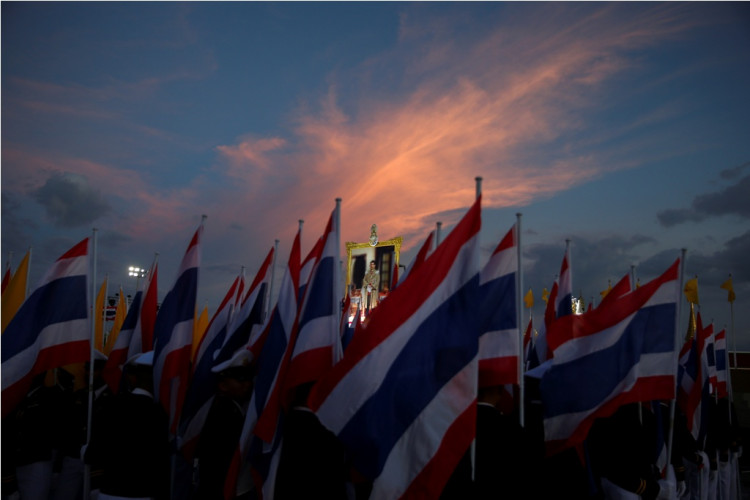Analysts in the private sector have united to pressure the Thai government into rejecting the stricter enforcement of the TM30 regulation that will require local landlords to report to Immigration immediately if a foreign tenant leaves a flat or apartment.
The stricter part of the regulation is foreign workers now need to inform their landlords whenever they have to leave their flats for over 24 hours. For many non-locals, the regulation is a hassle both to the tenant and the landlord.
According to the Bangkok Post, private businesses have expressed disapproval of the stricter implementation of the regulation, stating that the new rule could cause foreign workers to shy away from the Thai market.
Furthermore, the TM30 regulation includes a section that could put visa renewals at the end of the line for non-complying foreigners. Private firms believe the strict regulation could disappoint foreign talents who are planning to move to Thailand for their careers.
Local IT research company, IDC, estimated that there are over two million foreign workers who will be impacted by the regulation. It's not just the newbies who will be affected. The TM30 also includes foreign residents who have been in the country for a long time, as well as retirees.
Aside from constantly having to report to the building owner about their plans, foreigners also have informed their landlord if there are loved ones who will sleepover for the night.
A record of non-compliance will make it harder for affected workers to file for a visa renewal. Industry experts in the private sector agree with foreigners that the stricter regulation can be a bother to everyone affected.
Real estate analysts also pointed out that local landlords will face struggles along the way. They are now required to keep track of every overnight or two-day trip an expat makes, even if the renting foreigner will still be in town - just not in his apartment. This is not to mention the hassle landlords will face if they have multiple units for lease.
The government has taken a firm stand against calls to lift stricter implementations of the TM30 regulation. It stressed that the rule is for national security and no other purposes are behind it.
Late last month, a group of expat workers launched a petition on Thailand's Immigration office in a bid to call for the abolition of the TM30 form that has brought confusion to many foreign workers.
In their petition, the expat group noted that both building owners and foreigners are being asked to pay fines due to delays or failures in filing the TM30 form that states where a particular tenant is.
As of writing, the petition has earned almost 6,000 votes. It remains to be seen if Thailand will respond to the concerns raised by private businesses and expats.






